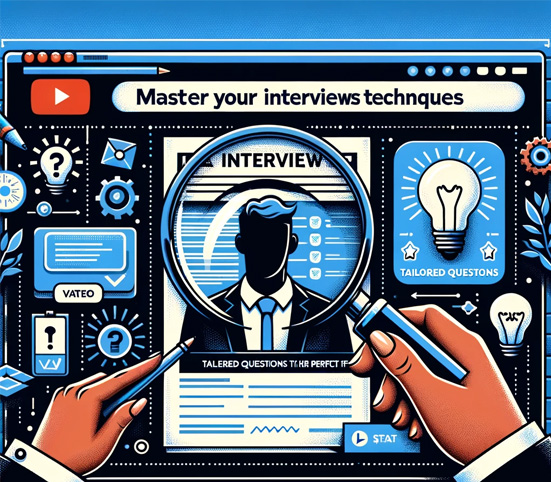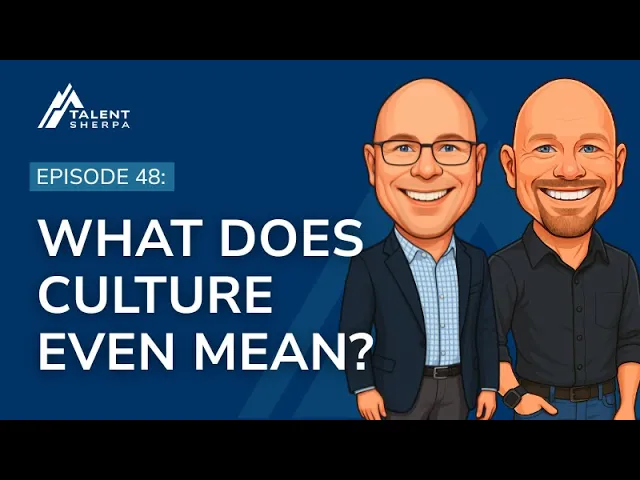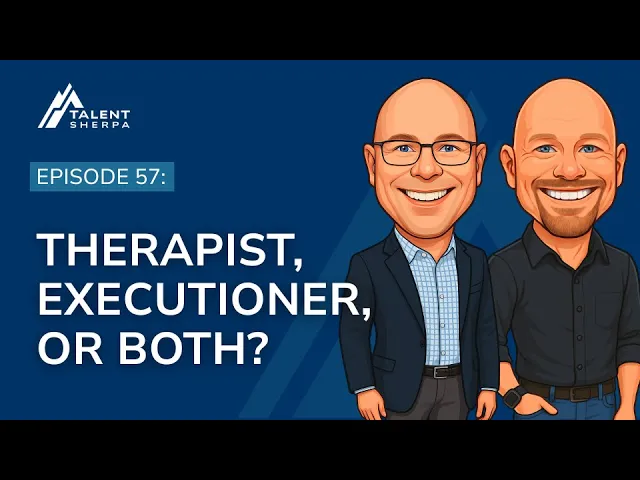One-Size-Fits-All Interview Questions Don’t Work
The practice of relying on a favorite interview question is a well-intentioned strategy that, unfortunately, falls short in the face of nuanced job requirements. It’s a habit that not only consumes valuable time but may sidestep the crucial particulars of a role. The truth is, when questions are sculpted from the precise needs outlined in […]
Read post



